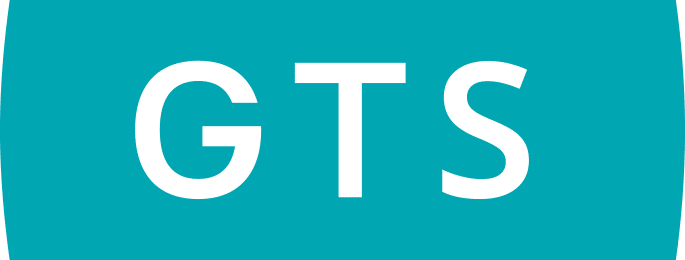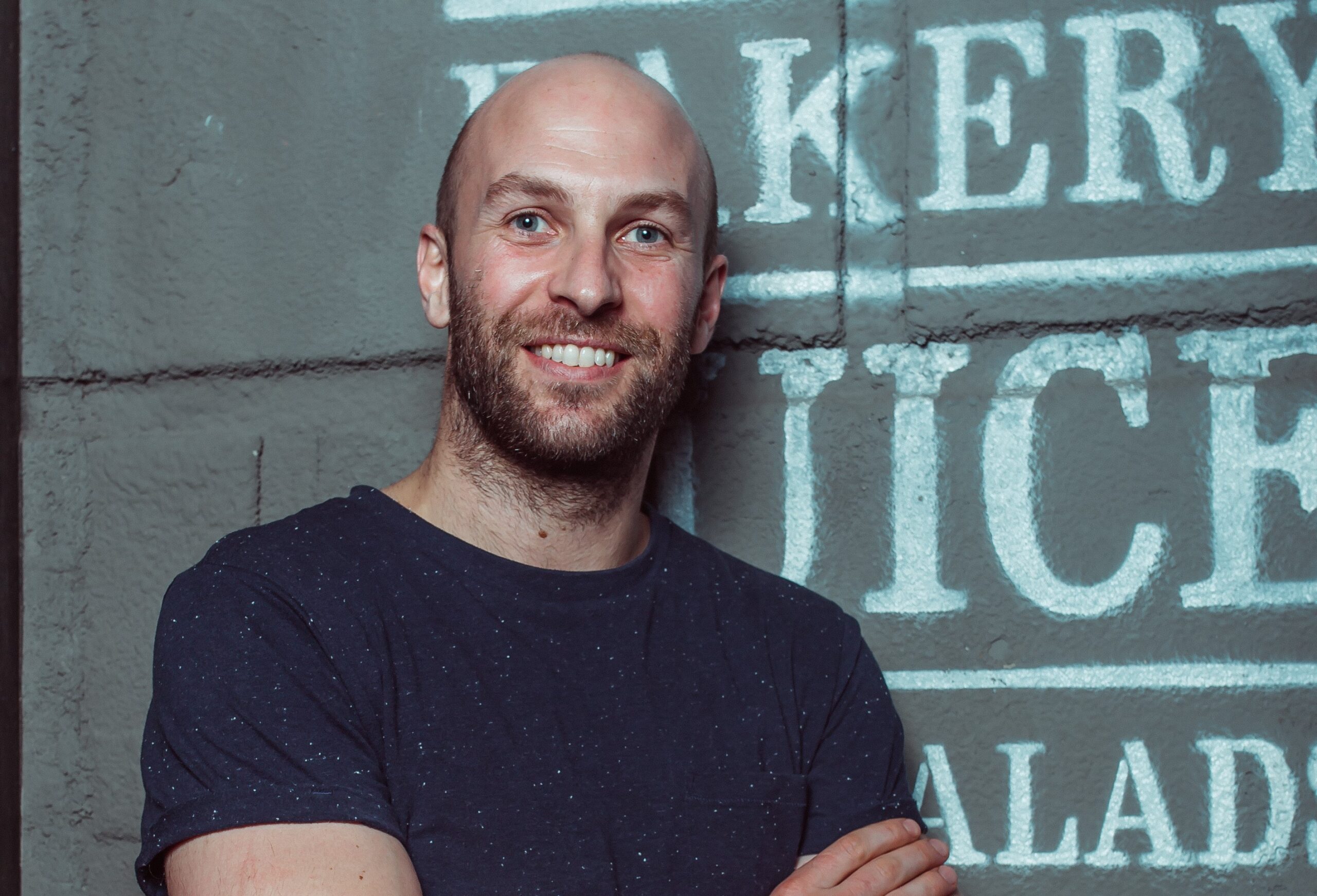Not many may be aware, but recycling steel is a huge market both in Denmark and internationally, says Anders Alding from ERA Recycling. The family business has been around since 1996 and deals with recycling scrap steel.
By Dorthe Sjøbeck Christiansen, GTS Association
According to Anders Alding, steel recycling is a growing market, aligning well with the global focus on green transition.
”In a market with many players both domestically and abroad, we’ve chosen to focus on waste material from can factories. We are a small player in a huge market, and we make ourselves interesting by having a niche where we focus on collecting a specific type of steel. Most of the steel is exported to customers in Northern Europe, but there’s also a market in the East,” says Anders Alding, ERA Recycling.
To optimize the quality of the recycled steel, the company is interested in trying new methods. This has already happened in collaboration with a GTS institute, and they have just initiated a collaboration with the Technical University of Denmark (DTU).
However, before establishing these contacts, ERA Recycling consulted with Business House Capital, which conducted a calculation of the company’s CO2 footprint.
”This led to more general discussions about our ideas, and here the business house consultants have guided us. We’ve received advice on opportunities, and they’ve pointed us to different partners that would be good for addressing the challenges we wanted to explore. It has been a great process where they’ve opened some doors for us and given us insights into development collaborations, project opportunities, and more,” says Anders Alding.
Collaboration with the Danish Technological Institute and DTU
Regarding the Danish Technological Institute, initially, it was a commercial collaboration where the GTS institute conducted four tests to uncover methods to remove paint from scrap steel.
”The tests showed that it’s possible to remove the paint, but it also took a bit too long, and the chemistry used was a bit too harsh. It didn’t go quite as we had hoped. It would require further development work if we were to proceed with it. On one hand, it’s tempting to continue the development work because if we can achieve a good method, it means higher value for the material and thus a larger customer potential. On the other hand, it’s also a question of money, as such development collaboration is expensive if not done as part of an externally funded project,” says Anders Alding.
He also emphasizes that he is very satisfied with the service provided by the Danish Technological Institute:
”The Danish Technological Institute has a lot of knowledge, and they approach it professionally. It’s clear to see that they’ve done this many times before, and that their service is based on a lot of knowledge from previous projects.”
While ERA Recycling considers whether to proceed with the idea along with the Danish Technological Institute, they have started another R&D project with DTU financed by a grant from the CLEAN Cluster. Here, DTU will conduct experiments using enzymes from Novozymes to produce cleaner steel. It’s a somewhat alternative way to treat scrap steel with an organic material.
The challenge is different from what they faced in the collaboration with the Danish Technological Institute, but here too, it’s about achieving a better product and thus strengthening the company’s position in the market.
Importance of Access to Knowledge and Testing Facilities
The collaboration with DTU has just started, so Anders Alding doesn’t have much to report from the collaboration yet – however, he sees a difference in how a GTS institute and a university approach the task:
”My immediate impression is that DTU approaches the task more academically, where Danish Technological Institute is more focused on achieving quicker results. Maybe it’s also because the collaboration with the Danish Technological Institute was a commercial partnership.”
Regardless, Anders Alding stresses that it’s incredibly important for ERA Recycling to have access to knowledge and testing facilities that they themselves could not develop.
”The experience that the Danish Technological Institute has in solving problems for many is broadly applied. For example, we heard them talk about having worked with paint in another context, and that knowledge could be used in collaboration with us. It means that something they’ve worked with in one industry can be used in another. It’s quite nice that in this way, they have the opportunity to build up a lot of knowledge and experience, which we benefit from and which we would never have the opportunity to build up ourselves,” concludes Anders Alding.
Photo: Anders Alding, ERA Recycling

